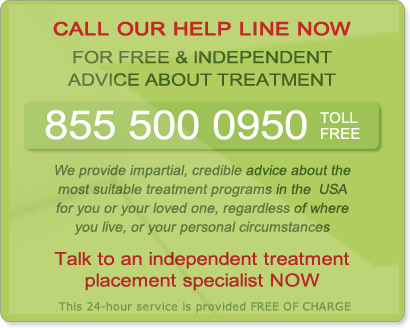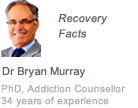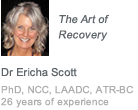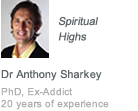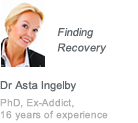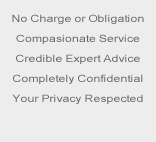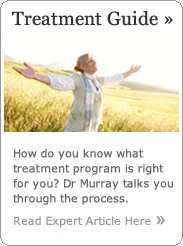Help with Addiction
Who is going to give you help with addiction? If you are suffering from some kind of dependency it is so easy to feel isolated. Trapped in a personal bubble, you float alone between the highs of the fix and the lows of withdrawal. You constantly tell yourself that nobody cares and that there is no help with addiction for you, but these are the words of the addiction rather than you, the person who has a problem. Perhaps you tell yourself these things because you are ashamed to admit that you have an addiction, and that people will shun and criminalize you if you ask for help with addiction.
Here are the headlines that are clearly news to you:
- You are not a criminal.
- You are neither guilty nor shameful.
- The people in your life who matter and who care about you will not shun you and nor will you be denied help with addiction.
- You are a human being.
No matter what combination of personal circumstances has driven you to this point in your life, it is not too late. You can get help with addiction. As much help as you need. And you can recover.
Help with addiction starts with you
The very first person you should turn to for help with addiction is yourself. The decision to escape from your addiction and commit to seeking help must come from within. For help with addiction to be effective and successful you must believe totally in your own desire to break the harmful habits and negative associations of an addict’s life. There can be no ‘maybes’.
It is the hardest decision you will have to make. It is easy to say ‘yes’ and not mean it. But if you can acknowledge that you have an addiction and commit to the positive decision to seek help, then your inner strength and courage has already given you the most valuable help with addiction. Now you are ready to find professional help.
Note that all medical records related to your rehab are protected by HIPAA and staff require HIPAA training that means they will keep all details confidential
Choosing the help with addiction that is best for you
There is a world of professional help at your fingertips once you have made the decision to regain your life, free from addiction. Different types of help with addiction will work more effectively for different people. As a starting point to help you decide which kind of help with addiction might work best for you, here are brief descriptions of the main kinds of help available:
- Self-help groups
Counting Alcoholics Anonymous and Narcotics Anonymous among their numbers, self-help groups facilitate opportunities for recovering addicts to meet, share their experiences and strategies for remaining clean and coping with the challenges of life as a recovering addict.Evidence suggests that self-help groups are beneficial because recovering addicts have an understanding and experience of addiction that is not shared by non-addicts.
However, for a self-help group to be truly successful at helping with addiction, the recovering addict needs to possess sufficient dedication and willpower to attend the group and adhere to its principles on an ongoing basis. - Outpatient or day care treatment
As an option for help with addiction, outpatient treatment is probably most suitable for a person whose addiction has not yet isolated them from society, and who is surrounded by a strong support network, such as friends, family and work colleagues. They will have acknowledged their addiction and will be committed to getting clean at a relatively early stage in the addiction.Outpatient or day care treatment requires the recovering addict to attend a structured programme of rehab at a hospital or clinic on one or more days of the week.
Outpatient or day care treatment allows the recovering addict to remain in their own home and to carry out their normal everyday life while getting clean. As such it is unlikely to be suited to a recovering addict who may relapse through exposure to the normal influences, locations, pressures and social groups that led to their addiction in the first place. - Residential treatment
Residential centers for the treatment and rehabilitation of addiction have proven to be the most effective and reliable option for those seeking help with addiction. Residential treatment is available for virtually every form of addiction or undesirable habitual activity.Residential treatment is successful because it removes a recovering addict from the environment in which they are most likely to be exposed to the risk of indulging addictive behavior, and places them in neutral territory where professional help and support is constantly available.
In this safe and controlled environment the recovering addict is freed from external pressures and influences, allowing them to concentrate on the process of getting clean, unlearning bad habits and adopting strategies that will help with their seamless reintegration into an addiction-free lifestyle.
Residential treatment also lends itself to an holistic approach to help with addiction that identifies and explores aspects of the recovering addict’s life that might otherwise be overlooked or disregarded by treatments which only address the procedural aspects of recovery from addiction.
Uncovering these underlying aspects provides the recovering addict with a far greater understanding of the process that has brought them to the point of addiction, and therefore better equips them to recognize and deal with the signs and situations that could lead to possible relapses in the future.
Help with addiction: you are not alone
The decision to change your life and find help with addiction is not an easy one to make. But however isolated you may feel you are not alone. Even before you find the professional help you need, you may find love, warmth and unprejudiced support from your closest family, other relatives, your partner, friends, current or former work colleagues, other recovering addicts or members of your faith.
Getting clean and finding help with addiction is a challenge. It takes courage, and a fundamental desire to make a positive change in your life. Once the decision to break free of your addiction has been made, however long the recovery may take, you will never have to face the challenge alone.


